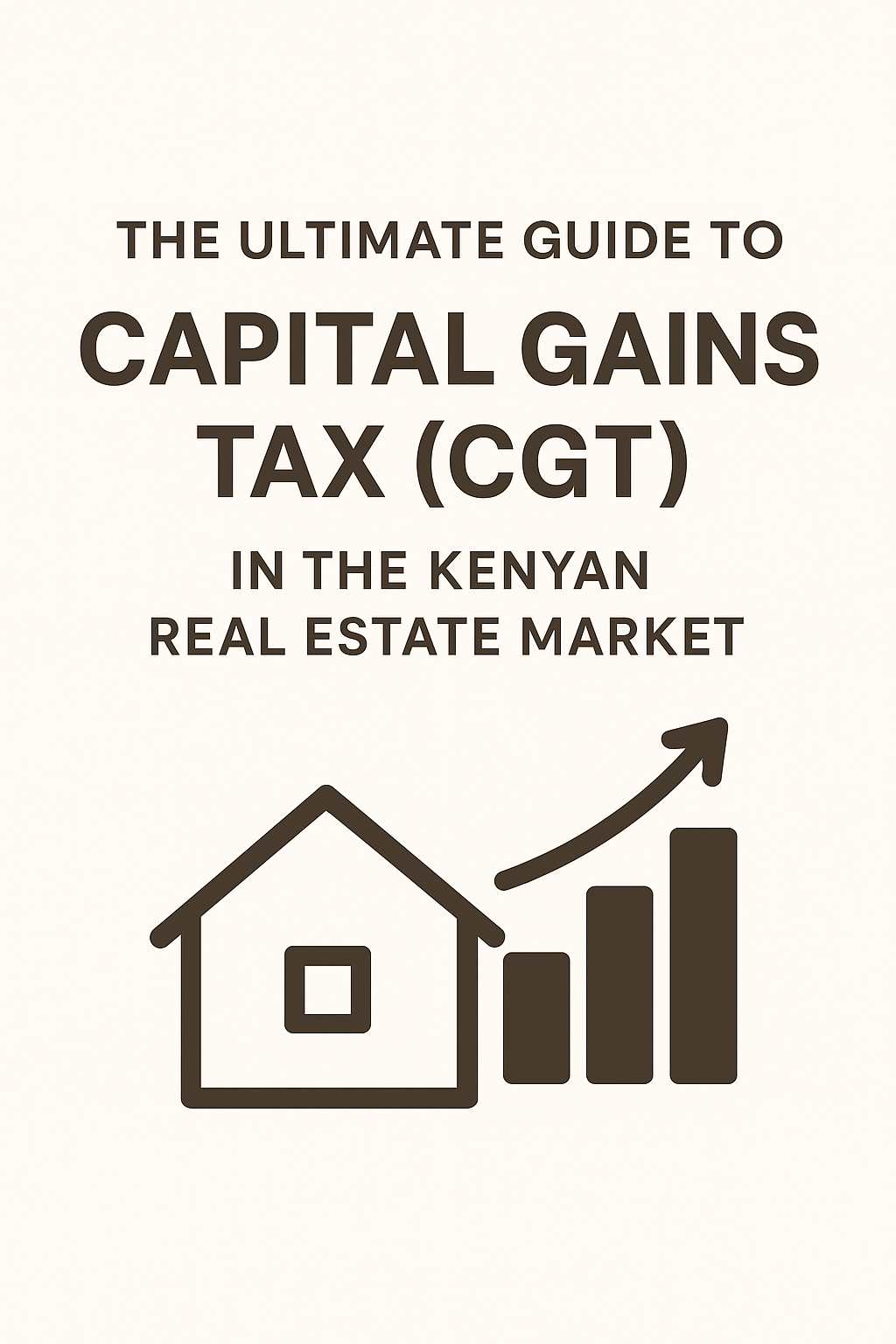Investing in real estate is a lucrative and time-tested method of wealth accumulation. However, like any investment, it comes with its own set of misconceptions and myths that can cloud the judgment of both novice and experienced investors. In this article, we will debunk 14 common misconceptions about investing in real estate, providing you with a clear and expert perspective on this dynamic market.
Misconception #1: Real Estate is Always a Safe Investment
One of the most pervasive myths about real estate is that it’s a foolproof, risk-free investment. While real estate has historically shown strong appreciation over time, it’s important to recognize that it is not immune to market fluctuations. The real estate market can experience bubbles and crashes, so investors must do their due diligence and carefully evaluate market conditions before making a purchase.
Misconception #2: Real Estate is Always a Passive Investment
Some people believe that once you’ve purchased a property, it’s a hands-off, passive investment that requires little to no effort. In reality, successful real estate investing often requires active management, including property maintenance, dealing with tenants, and keeping up with market trends. Passive investments in real estate do exist, such as real estate investment trusts (REITs), but direct property ownership typically demands ongoing involvement.
Misconception #3: All Real Estate is Created Equal
Another common misconception is that all real estate is a sound investment. However, not all properties are created equal, and their investment potential can vary greatly based on factors such as location, property type, and condition. Investing in a rundown property in a declining neighborhood is vastly different from investing in a prime commercial property in a thriving area.
Misconception #4: You Need a Lot of Money to Invest in Real Estate
While having substantial capital can certainly make real estate investing easier, it’s not the only way to get started. There are various financing options available, including mortgages, partnerships, and real estate crowdfunding platforms, which allow investors to participate in real estate with less upfront capital. Being resourceful and creative in your financing strategies can open doors to real estate investing even if you don’t have a large sum of money.
Misconception #5: Real Estate is a Get-Rich-Quick Scheme
Some individuals believe that real estate investing is a shortcut to immense wealth in a short period. While it is possible to achieve significant returns in real estate, it usually takes time and careful planning. Success in real estate is often the result of long-term strategies, smart decisions, and patience, rather than quick riches.
Misconception #6: You Must Invest Locally
Many investors think they can only invest in real estate within their local area. With advancements in technology and real estate platforms, it’s entirely possible to invest in properties outside your immediate vicinity. Investing in other markets can provide diversification and potentially higher returns, so don’t limit yourself to just your local market.
Misconception #7: Real Estate is Always Profitable
Just as not all stocks or businesses are profitable, not all real estate investments yield positive returns. The profitability of a real estate investment depends on factors like market conditions, property management, and financing terms. Properties can experience negative cash flow, especially if not managed effectively or if the market turns against them.
Misconception #8: It’s Easy to Flip Properties for Quick Profits
Real estate flipping, where you buy a property, renovate it, and sell it for a profit, can be a viable strategy. However, it’s not as simple as it looks on reality TV shows. It requires a deep understanding of the local market, renovation costs, and the ability to manage contractors effectively. Flipping can also involve significant risks, so it’s important to approach it with caution and a well-thought-out plan.
Misconception #9: You Can Always Rely on Appreciation
While property appreciation is a key driver of real estate returns, it’s not guaranteed. Real estate markets can experience stagnation or even depreciation, particularly during economic downturns. Relying solely on property appreciation as your investment strategy can be risky. It’s essential to consider other factors, such as rental income, to ensure a more stable return on investment.
Misconception #10: Renting is Always Better Than Owning
There’s a widespread belief that renting a property is always more financially prudent than owning one. While renting can make sense in certain situations, such as when you need flexibility or can’t afford a down payment, owning a property can be a powerful wealth-building tool. Mortgage payments can lead to equity accumulation, and real estate can provide tax benefits, making ownership a valuable long-term strategy.
Misconception #11: Real Estate is Passive Income from Day One
Many people believe that rental income from a property will provide passive income from day one. However, the reality is that it often takes time to build a positive cash flow. Expenses such as mortgage payments, property management fees, maintenance, and vacancies can eat into rental income initially. It’s important to be prepared for the initial stages of real estate investing, which may require additional capital injections.
Misconception #12: Real Estate Investing Requires No Special Skills
Some individuals think that anyone can be successful in real estate without any special skills or knowledge. In reality, successful real estate investing demands a range of skills, including financial analysis, negotiation, market research, and property management. It’s essential to educate yourself and continually improve your skills to navigate the complexities of the real estate market effectively.
Misconception #13: All Real Estate Professionals Offer Sound Advice
While there are many knowledgeable and trustworthy real estate professionals, not all of them provide sound advice. Some may have ulterior motives or lack the expertise necessary to guide investors effectively. Before working with any real estate professional, do your due diligence, check references, and ensure they have a solid track record in the specific area of real estate you’re interested in.
Misconception #14: Real Estate is Completely Passive in Retirement
Many people plan to invest in real estate as a source of passive income during their retirement years. While real estate can be a valuable part of a retirement strategy, it’s not entirely passive. Managing properties or overseeing a portfolio of real estate investments can still require time and effort in retirement. Proper planning and potentially hiring professional property managers can help make it more passive, but some level of involvement may still be necessary.
Conclusion
Real estate investing is a rewarding and potentially profitable endeavor, but it’s essential to dispel common misconceptions that can lead to poor decisions and financial setbacks. Recognizing the nuances of the real estate market, understanding the risks and rewards, and continuously educating yourself are crucial steps to becoming a successful real estate investor. By avoiding these misconceptions and approaching real estate with a clear, informed mindset, you can unlock the full potential of this asset class in your investment portfolio.





